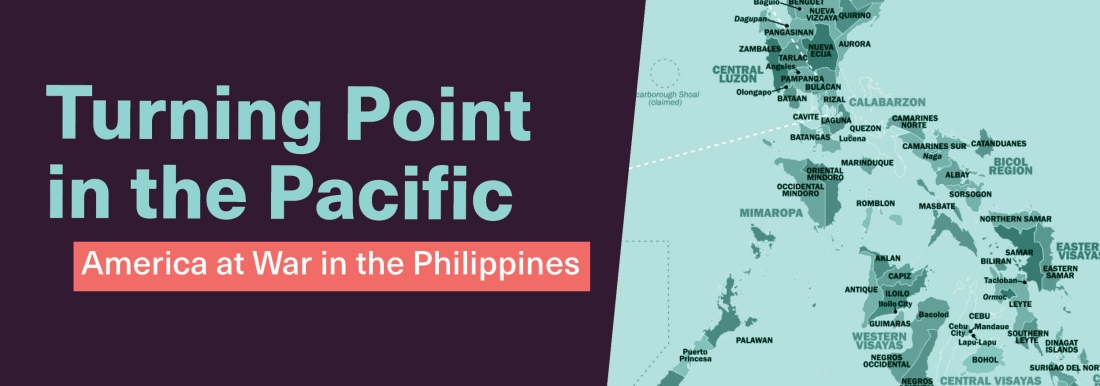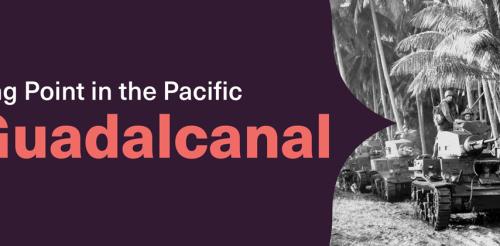The Southeast Asian country of the Philippines became an American colony in 1898. Today it is a key ally in the Indo-Pacific. In July 1902, President Teddy Roosevelt declared victory over the Philippines, and the United States administered these strategically located islands until 1946. The Philippines was arguably instrumental in America’s rise from a republic into a world power.
Today this ally plays a crucial role in checking Beijing’s growing reach into the South China Sea, which if left to expand, could disrupt world trade, underwater communication networks, and further the reunification with Taiwan.
Geoff Babb, military history professor at the Command and General Staff College in Ft. Leavenworth, discusses how the islands’ proximity to China makes it one of the most vital allies, underpinning the major role America plays in affairs in that region since the opening of Japan for diplomacy and trade in 1854.
Babb is a retired U.S. Army Special Forces lieutenant colonel. He served as an Army foreign area officer in China and in the Defense Intelligence Agency and on the Joint Staff in Washington, D.C. He earned an M.A. in East Asian languages and cultures, and a doctorate in history from the University of Kansas.

